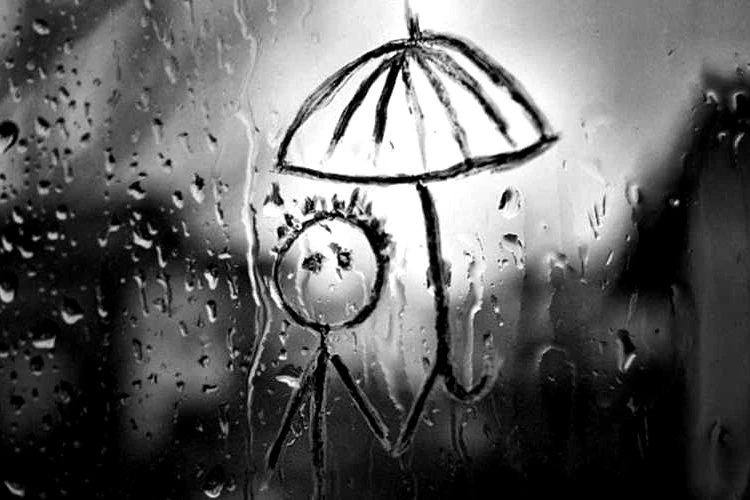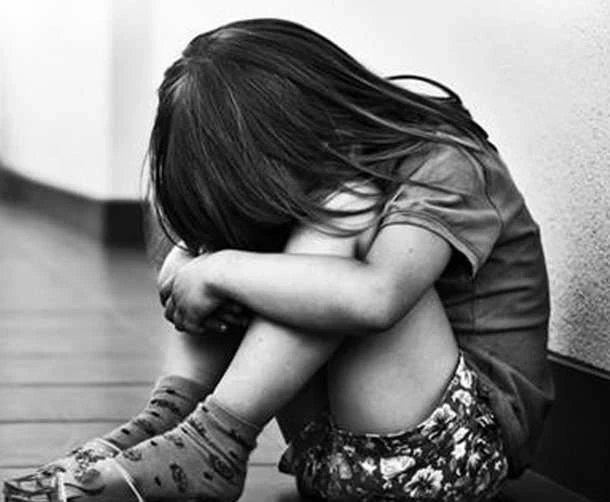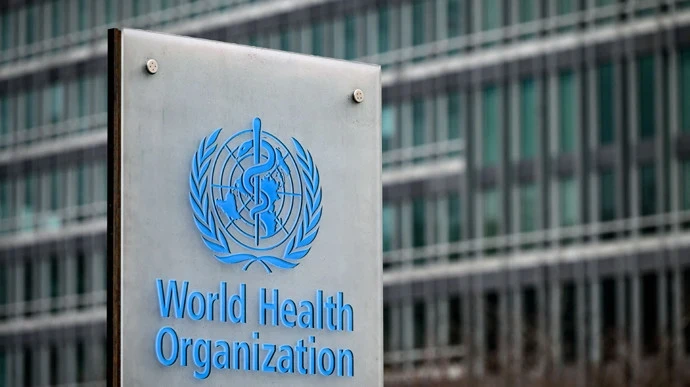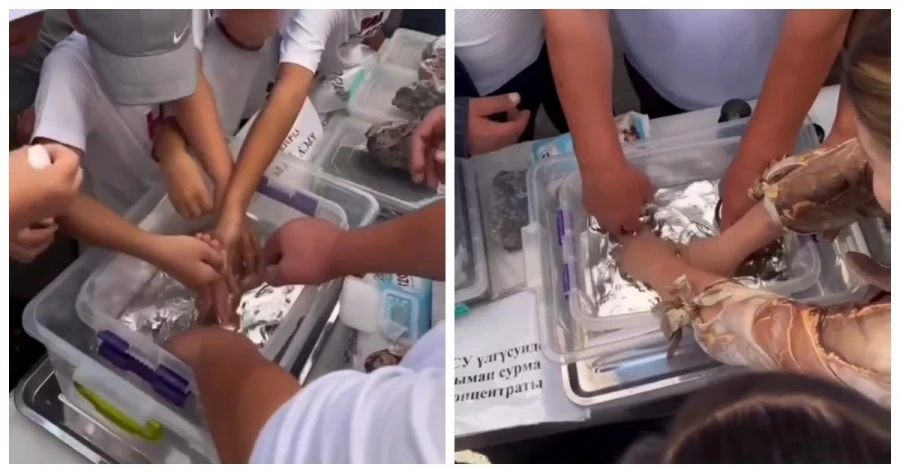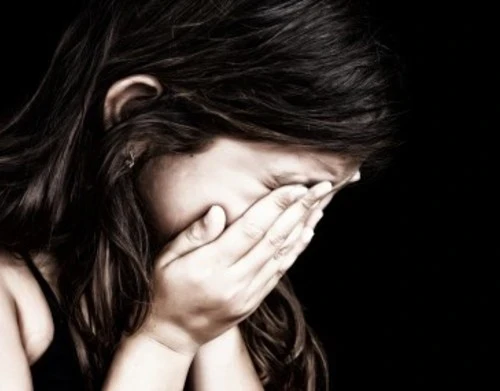According to the study, one in seven adolescents and children in Europe and Central Asia lives with a mental disorder. Adolescent girls are particularly vulnerable: 25% of them experience mental health issues between the ages of 15 and 19.
Over the past 15 years, the rate of mental disorders among youth has increased by 30%, but support services are not developing at the same pace as the growing need for them.
According to the WHO, 25% of countries in the region lack specialized mental health services for children and adolescents, and in 20% of states, there are no adequate policy measures aimed at meeting the psychological needs of youth.
The WHO emphasizes the urgent need for coordinated action to address existing shortcomings and ensure that all children and youth have access to quality care tailored to their needs. In their report, the authors propose nine key recommendations for governments and partner organizations:
- Develop and implement national action plans and laws.
- Ensure funding and incentives to improve the quality of services.
- Establish standards, clinical protocols, and guidelines.
- Implement ongoing quality improvement measures across all systems.
- Restructure care models according to the needs of children and youth.
- Involve families, children, and local communities in developing solutions.
- Invest in training professionals that meet the needs of the population.
- Evaluate outcomes based on criteria important to children and their families.
- Study and disseminate successful practices.
The image on the homepage is for illustrative purposes: ca.style.yahoo.com.
